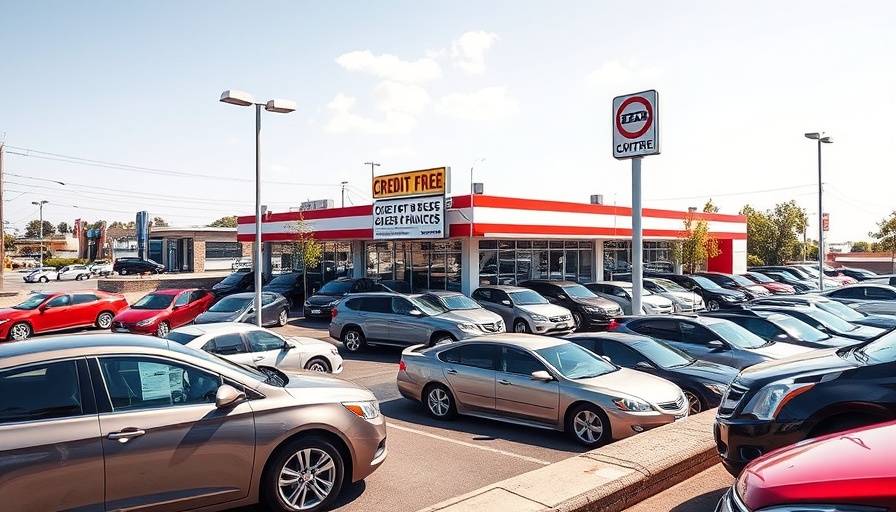
Transforming Employee Benefits: A New Approach
In the automotive industry, where businesses are often bogged down by escalating healthcare costs, it becomes crucial for employers to reassess their employee benefits strategies. Many dealerships are grappling with the reality that employee benefits now constitute their second-largest expense after salaries. As we dive into the topic, it’s essential to understand how a strategic approach can drastically improve not only financial outcomes but also employee well-being.
Understanding the Financial Landscape
Recent estimates suggest that, in 2025, healthcare plan costs for employers are anticipated to surge by 8%. This increase poses significant challenges for car dealership owners who often feel trapped under rising expenses. Particularly compelling is how the average deductible in Virginia reached $1,752 for singles and $3,189 for families in 2023. Such high costs discourage employees from seeking preventative medical care, leading to decreased productivity and higher turnover rates.
Empowering Dealerships for Success
To fight these challenges, dealerships must empower themselves with better strategies. By collaborating with consultants who offer transparency and innovative solutions, they can identify opportunities to reduce healthcare costs and invest more in employee welfare. Successfully slashing healthcare expenses by 20% could mean millions saved, allowing dealerships to enhance their benefits packages and foster a more competitive workplace culture.
Retaining Talent in a Competitive Market
One of the stark realities of the automotive realm is the staggering employee turnover rate, with some dealerships suffering as high as 46% according to JM&A Group. High turnover not only strains resources but also disrupts service continuity. Offering attractive employee benefits can be a key differentiator, attracting talent and retaining valuable employees.
Long-Term Strategies for Better Benefits
The calculated, strategic investments in managed healthcare, wellness programs, and direct primary care can yield substantial long-term benefits. Employers are advised to move beyond traditional insurance frameworks and explore innovative solutions tailored to their workforce's unique needs. As dealerships work with engaged partners rather than standard carriers, they will find opportunities for cost savings that directly benefit their employees.
A Call to Action for Dealership Owners
As you navigate the complexities of employee benefits, the time to act is now. By embracing proactive, innovative strategies, you can position your dealership for sustainability and growth. For more insight into how to improve your health plan strategies while saving costs, reach out at (860) 707-9125.
 Add Row
Add Row  Add
Add 




Write A Comment